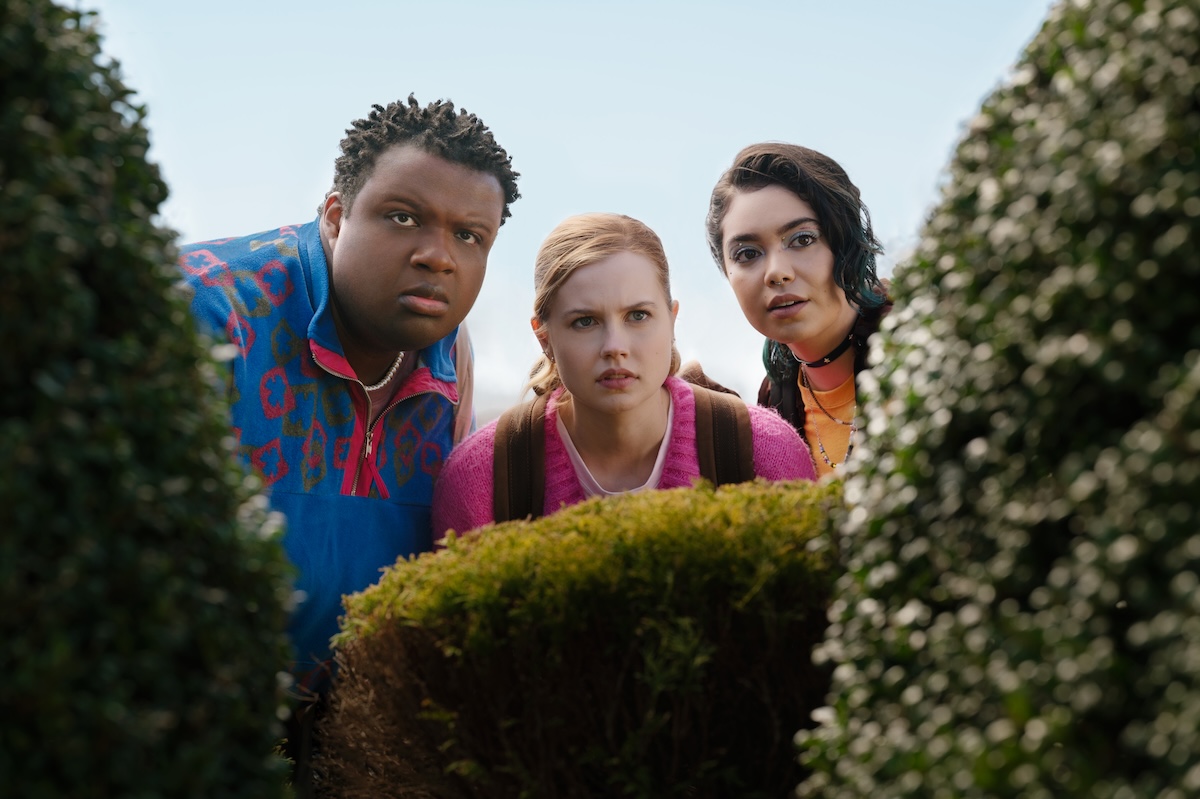‘Mean Girls’ Deserved a Better Modern Makeover Than This

Mean Girls, the movie based on the musical based on the classic 2004 film, is finally in theaters. If you’re like me and end up buying a ticket out of curiosity more than anything else, you may leave the cinema with one question on your mind: “Why?”
At a glance, it would be easy to dismiss the Mean Girls movie musical as just another symptom of Hollywood’s obsession with reboots, but this case goes a bit deeper than that. On one hand, it’s deceptively easy to justify the existence of a modernized take on Mean Girls, but on the other hand, the end result may leave many wondering why Paramount didn’t just rerelease the original film in theaters instead.
Let’s get something straight: the Mean Girls movie musical isn’t a bad film, but that almost entirely has to do with the fact that 2004’s Mean Girls is a good film.
Indeed, it’s no secret that Tina Fey struck gold two decades ago, and you could argue that it would have been unwise to tamper with the existing screenplay too much (a sentiment that 2024’s Mean Girls seems to agree with), but at that point, why even bother? If you hit the nail on the head back in 2004, why risk another swing at it?
That’s not a rhetorical question; the answer is that Mean Girls‘ material is absolutely, positively worth examining through a more modern lens—especially given the major cultural shifts that have occurred in the past 20 years, from the emergence of social media (the nuances of which completely change the playground in which Mean Girls exists) to more awareness surrounding the impact of social and cultural identities. Indeed, how Fey’s story might arrive at its climactic sentiments in the digital climate, and even the question of whether those sentiments would be any different today, could absolutely warrant a Mean Girls remake.
So why on Earth did they choose to just adapt the Broadway musical?
As we learned with Encanto, you can never bet on any reception, good or bad, to a film’s musical numbers alone. To that point, the most fatal flaw of 2024’s Mean Girls is that it is an adaptation of the Broadway musical.
For those of you not in the know, nearly half of the songs were cut from the Broadway musical in translating it to the movie musical, and the ones that were kept are not only largely hit-or-miss, but also do very little to improve upon the story—which by extension means that the story was noticeably diluted to make space for the musical numbers. This is perhaps most noteworthy during the ending, which occurs rather abruptly in the middle of the Spring Fling, depriving audiences of the 2004 film’s arguably crucial ending.
So, what we have now is a movie musical adaptation of a Broadway musical of a beloved 2004 film that somehow waters down both the plot of the original film and the musical aspects to the point where they end up fighting rather than supplementing each other, and the discordance just grows and grows from there.
Had things been different, 2024’s Mean Girls could have been a pillar for a brand new paradigm of teen comedy films that already include the likes of Booksmart and Do Revenge, ushering its timeless subject matter into the unprecedented social tornados of Snapchat, Instagram, and TikTok while introducing a healthy crop of new fans to the decades-long cultural phenomenon. Indeed, remakes should typically be reserved for weaker tales of yore that could do with a fresh pair of hands, but given the real-life reboot that high schools have undergone in the last two decades, a proper revisiting of Mean Girls would be more than welcome.
Instead, Paramount rather strangely opted to release a Frankenstein’s monster of a remake that—despite a marked handful of bright spots in the form of great choreography, eye-catching production design, and an especially impressive turn from feature debutant Jaquel Spivey—tries and fails to ride the referential coattails of its 2004 predecessor in a sea of disjointed musical numbers, ultimately emerging as a shadow of everything it’s pulling from.
Unlike fetch, Paramount actually shouldn’t have stopped trying to make a new Mean Girls happen. But not like this.
(featured image: Paramount Pictures)
Have a tip we should know? [email protected]
